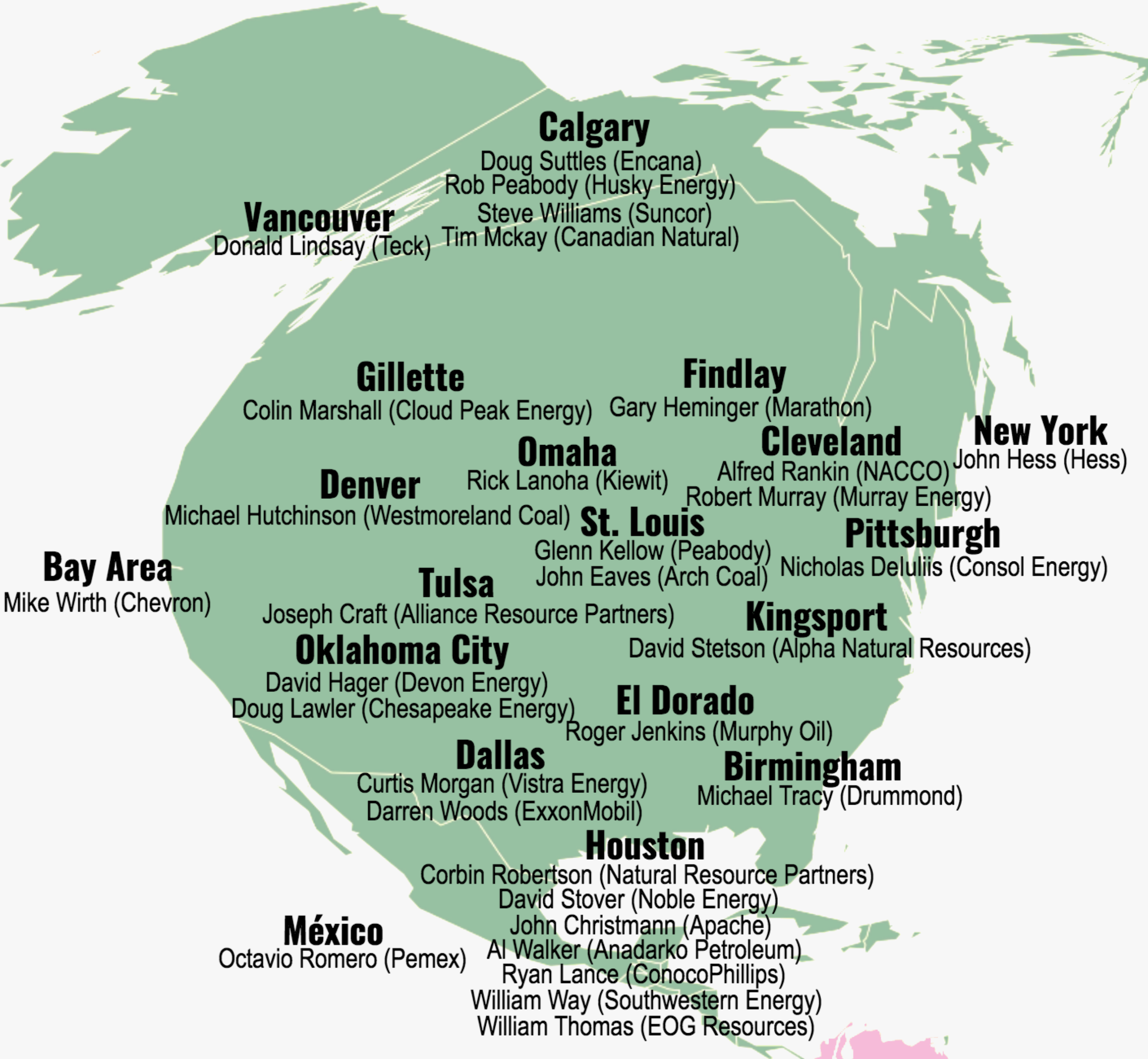Climate Change
While every bit helps, we are often distracted by changes at the micro level, where it was reported in 2017 that 71% of global emissions come from just 100 companies. If you want to make a dent in climate change, this is where the priority of your focus should lie.
Read the Carbon Majors Report [PDF] here
Who is responsible? There is a map of the names and locations that you can reference, where you can note that 5 of the major offenders are here in Canada.

The global carbon atlas offers an interactive map of CO2 emissions for further reference, placing Canada at #11 as of writing this. What's important to note is that there's no debate that China is the worst offender by far, and the United States is second. In Canada, we have strong environmental laws around the processing of bitumen, so instead we are in a race to ship it to China or the US while we look the other way as it's processed – but note that the greenhouse gases from China processing our bitumen with their lack of environmental standards is so bad, that alone impacts Canadian's air quality – and then we buy it back from them, processed.
It is my opinion that we find a way to process bitumen in an enviornmentally sustainable way, or we leave it in the ground until we can.
The TransMountain pipeline
There is already a pipeline coming into Burnaby, BC, but the challenge is – is that bitumen is so thick of a sludge, it won't go down the [TransMountain pipeline(https://en.wikipedia.org/wiki/TransCanada_pipeline). The controversy is actually "twinning" the pipeline, so they can run dilbit, a toxic sludge that will loosen up the bitumen to flow down the pipeline to the West coast. This is controversial, as bitumen is a solid we know how to handle. If (when!) a train derails, or a ship sinks, that is loaded with bitumen, we know how to react to that. What activists are asking for, is evidence that if (when!) a diluted (with dilbit) bitumen pipeline breaks, or a ship leaks, there is scientific evidence that we know how it could be cleaned up on land or water, and the environmental impact of either. We don't have this today. The National Energy Board (NEB), the regulator, has no scientific evidence as to how we may clean it up. It is my suggestion the pipeline should not be built until we know how to clean up diluted bitumen on land and water. Consider that if/when the pipeline is built, they are estimating a 7 fold increase in super tanker traffic through the Burrard inlet, beside Vancouver, and into the Georgia straight. A spill would be disasterous.
